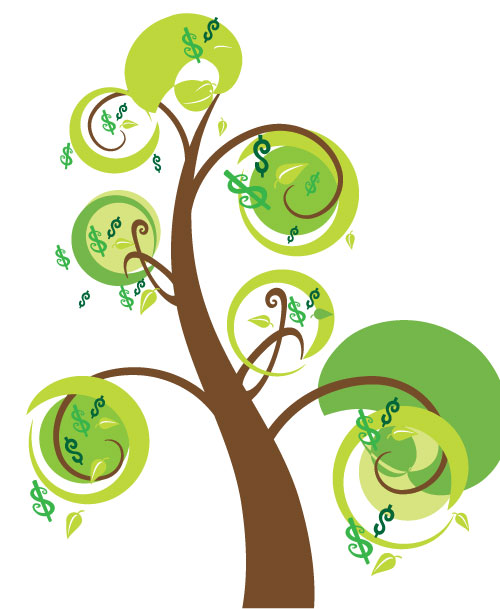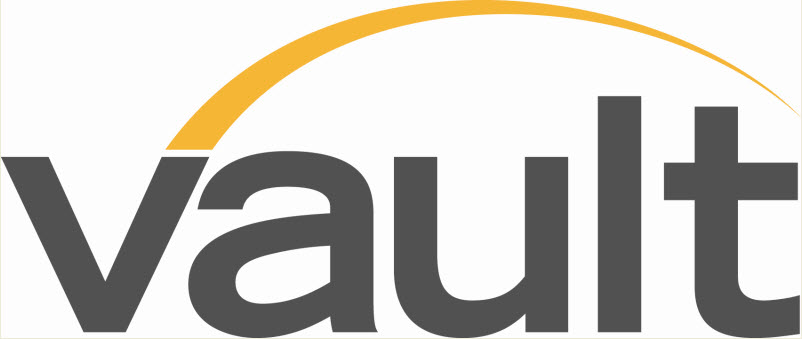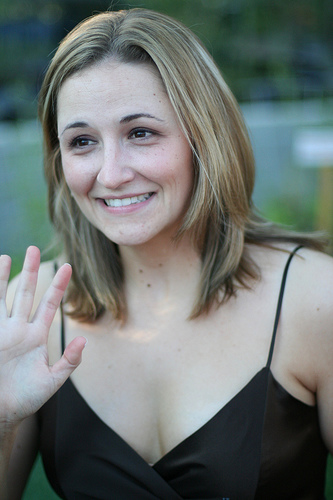Remembering What Matters Most
/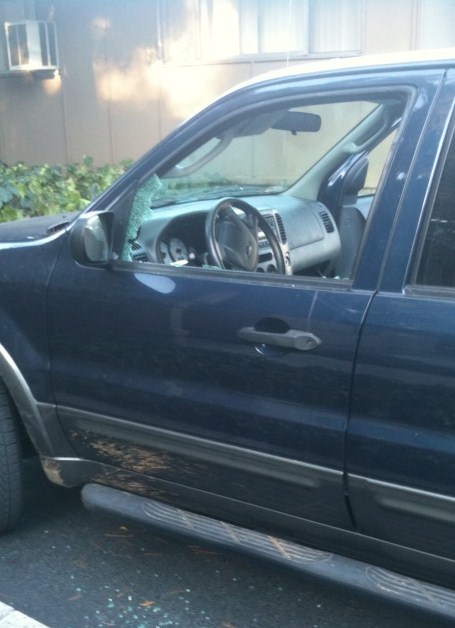 This morning started out like any other day.
This morning started out like any other day.
I was scheduled to attend the Communicating Sustainability conference in Santa Clara, CA, and in typical fashion, I was running a few minutes late.
Running out to my car, I didn’t notice anything amiss – at first.
But upon closer inspection, it hit me: shattered glass covered the driver’s side seat, the glove compartment was open and bare, and paper and trash littered the interior. My car had been broken into.
Practically everyone has had an experience like this – expecting your day to look one way, and in a flash, everything changes. Whether it’s getting your car broken into, or something more serious like being in an accident or being the victim of a crime – everyone knows that feeling of the pit in your stomach. How quickly things can change.
Thankfully, in my case, the story appears to end well. I didn’t have much of value in my car, and at the end of the day, all of my “stuff” is replaceable. I got lucky.
But this got me thinking.
Every day, people start their mornings expecting life to look a certain way. The community in San Bruno, for instance, who lost loved ones and saw their homes go up in flames, could never have imagined their lives would change forever, in an instant.
Today, in my own small but very real way, I was reminded how it feels to be vulnerable, like a victim. To have something happen that, no matter how random, felt intentional and hurtful. And I needed help.
As I waited for the police, my thoughts drifted to what I was missing at the conference. I looked at my watch and thought about who’d be on stage now, and what they’d be talking about.
I wondered how many of the panels and sessions today would talk not just about trends in CSR reporting, or measurement, or best practices. Instead, I wondered how many times everyone in the room would talk about the people their programs are trying to help.
Recipients, constituents, stakeholders – yes. But in many cases, the people who benefit from the “social” side of CSR work are victims. Victims of violence, of natural disaster, or even of lack of access to things like education or health care.
As someone who enjoys talking about the “business side” of CSR, I know how easy it is to get caught up in the issues of strategy, implementation and others.
But this morning reminded me the reason I fell in love with CSR in the first place: People.
At the end of the day, what I love most about CSR is the very real opportunity that the business community has to effect change and impact the lives of people who need help.
The people are what matter – in my opinion, they are what makes this work all worthwhile.
As I wait to have my window repaired and get all the glass swept up, I’m going to give myself permission to put down the CSR theory, and to stop thinking about the business behind CSR.
Instead, I’m going to spend some time remembering what matters most.


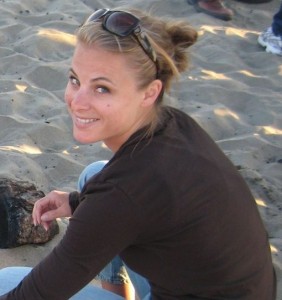 One topic that comes up often in CSR discussions is social intrapreneurship (in fact, it’s something
One topic that comes up often in CSR discussions is social intrapreneurship (in fact, it’s something 